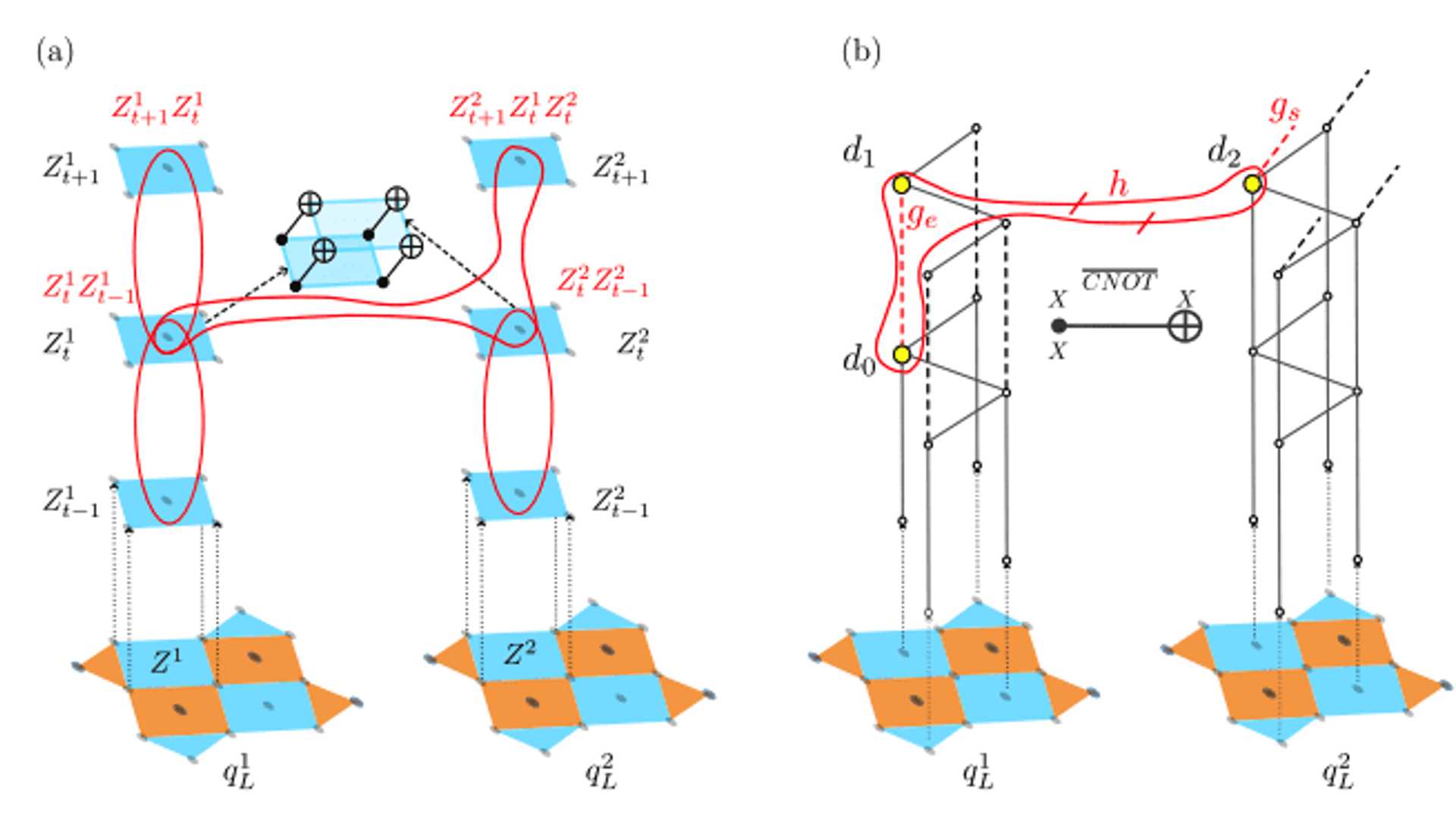AMO Qubit Speed-Up: Scalable Decoding For Transversal Logic in Quantum Computation
Quantum computation heavily relies on maintaining the delicate state of qubits, which are the quantum counterparts of classical bits, for extended periods. This property, known as coherence, is essential for the success of quantum algorithms. While different physical systems are being explored for implementing qubits, atomic, molecular, and optical (AMO) approaches show great promise in terms of scalability and coherence times.
Accelerating Logical Operations
A significant challenge faced by AMO qubits is the slow rate at which errors can be detected and corrected, a process known as syndrome extraction. Researchers at Riverlane along with the University of Sheffield have addressed this limitation through new decoding protocols designed to speed up logical operations. In their paper titled ‘Scalable decoding protocols for fast transversal logic in the surface code’, they introduce algorithms aimed at enhancing error correction speed, potentially enabling complex computations on AMO-based quantum computers.
Enhancing Quantum Error Correction
Recent research has shown significant progress in quantum error correction, particularly in improving decoding speed for surface codes implemented using AMO qubits. Surface codes are widely used for protecting quantum information from errors, but their practical implementation requires efficient decoding methods to identify and correct errors without disturbing the quantum state.
AMO systems have advantages in qubit connectivity and coherence times, but they have traditionally suffered from slower syndrome extraction rates. Syndrome extraction is a critical measurement process that provides error information without directly measuring the qubits, and it is a key bottleneck for achieving practical quantum computation.

Windowed Decoding Protocols
The main challenge lies in the conflict between fast transversal logic and existing efficient decoding techniques such as lattice surgery. Transversal logic, a method for executing quantum operations on encoded qubits without directly manipulating the physical qubits, offers the potential to increase the logical clock rate for quantum computations. However, it disrupts the structural properties that enable real-time decoding.
To overcome this challenge, researchers have introduced two novel windowed decoding protocols. These protocols restore modularity and locality to the decoding process, breaking down the complex task into manageable segments. Numerical simulations using the Stim quantum circuit simulator have demonstrated a significant performance boost, achieving an order of magnitude speed-up for transversal logic compared to traditional lattice surgery methods, with minimal additional computational overhead.
Future Implications and Developments
These new decoding protocols have the potential to unlock a significant increase in the logical clock rate with minimal space overhead. This advancement addresses a crucial limitation of AMO qubits - their slower syndrome extraction cadence - and supports the feasibility of large-scale algorithms on this promising quantum computing platform.

Future research will focus on pushing the limits of these decoding protocols and developing additional techniques to enhance the efficiency and scalability of quantum error correction. This research marks a significant step towards achieving fault-tolerant quantum computation, bringing us closer to a future where quantum computers can revolutionize fields such as medicine, materials science, and artificial intelligence.
Resources:
- Research Paper: Scalable decoding protocols for fast transversal logic in the surface code
- DOI: https://doi.org/10.48550/arXiv.2505.23567










